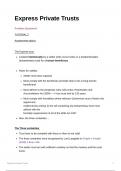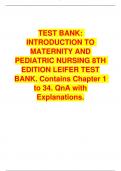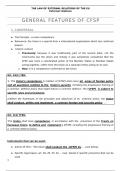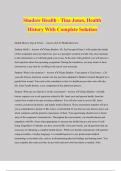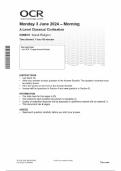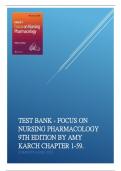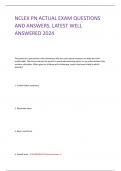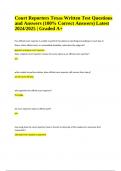Lecture notes
Express Private Trusts_ notes, explanations on dispositions and baden case judgment explained
- Module
- Equity & Trusts (CL6331)
- Institution
- Cardiff University (CF)
This document contains lecture notes for equity and trusts. There are explanations for all the dispositions with examples and reasoning why that is the disposition claimed. You will also find the Baden case judgements explained by all three judges. Other cases to support the topic are also explaine...
[Show more]
